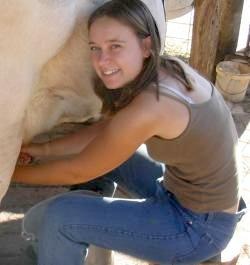
My experiment worked!
Iím doing a PhD in Chemistry. On World-Wide Day of Science,
I had a typical day. I wandered into my lab around 10am
and, after checking my emails, set up my experiment.
This
involved finding out how a compound I had recently made
absorbed light, and how this absorption changed as I altered
other properties. It is a long experiment that takes many
hours, but the highlight of my day is that it worked!
I achieved a good result!
Often,
the problem with lab work is that it does not always work.
Sometimes you know why, and other times you havenít a
clue. It is this unpredictability that can cause scientific
research to take so long. So I got my result, and this
can allow me to move on to the next experiment.†
Better solar cells
So
what does this result tell me? My research is in the area
of solar cells and solar energy. It is important that
I find out how my compound absorbs light because it is
the essential step in converting sunlight into electricity.
Now that I have studied this absorption, I can go onto
other experiments and eventually find out if this substance
will work well in a solar cell. If the compound looks
like it might, I can take it to be tested in a real solar
cell.
Many
people around the world are looking into better ways of
using the sunís energy to make electricity. My work is
just a part of the big effort to obtain an efficient source
of renewable energy.
A very over-active teacher &
everything stuck
When
I was at school, my chemistry lessons involved a very
over-active teacher getting excited about chemistry. One
day, he lay on one of the lab benches and starting flicking
the very edge of the wood with his fingers. He told us
he was removing atoms one by one along a line and that
he would be there for sixty years if he continued to do
so to the end of the bench, because atoms are so small.
It
stuck in my head, and everything else he did stuck, too,
including the chemistry. I knew from those lessons that
it was what I wanted to study. The thing that fascinates
me about my subject is that once you know what is going
on at the molecular level, you can understand what is
happening in front of your eyes.
Chemistry
explains how washing-up liquid cleans plates, how re-writable
CDs record information, why washing powder makes our clothes
whiter than white, and why stainless steel is stainless.
I love knowing how things work and being able to understand
why it happens Ė thatís why I love being a chemist.